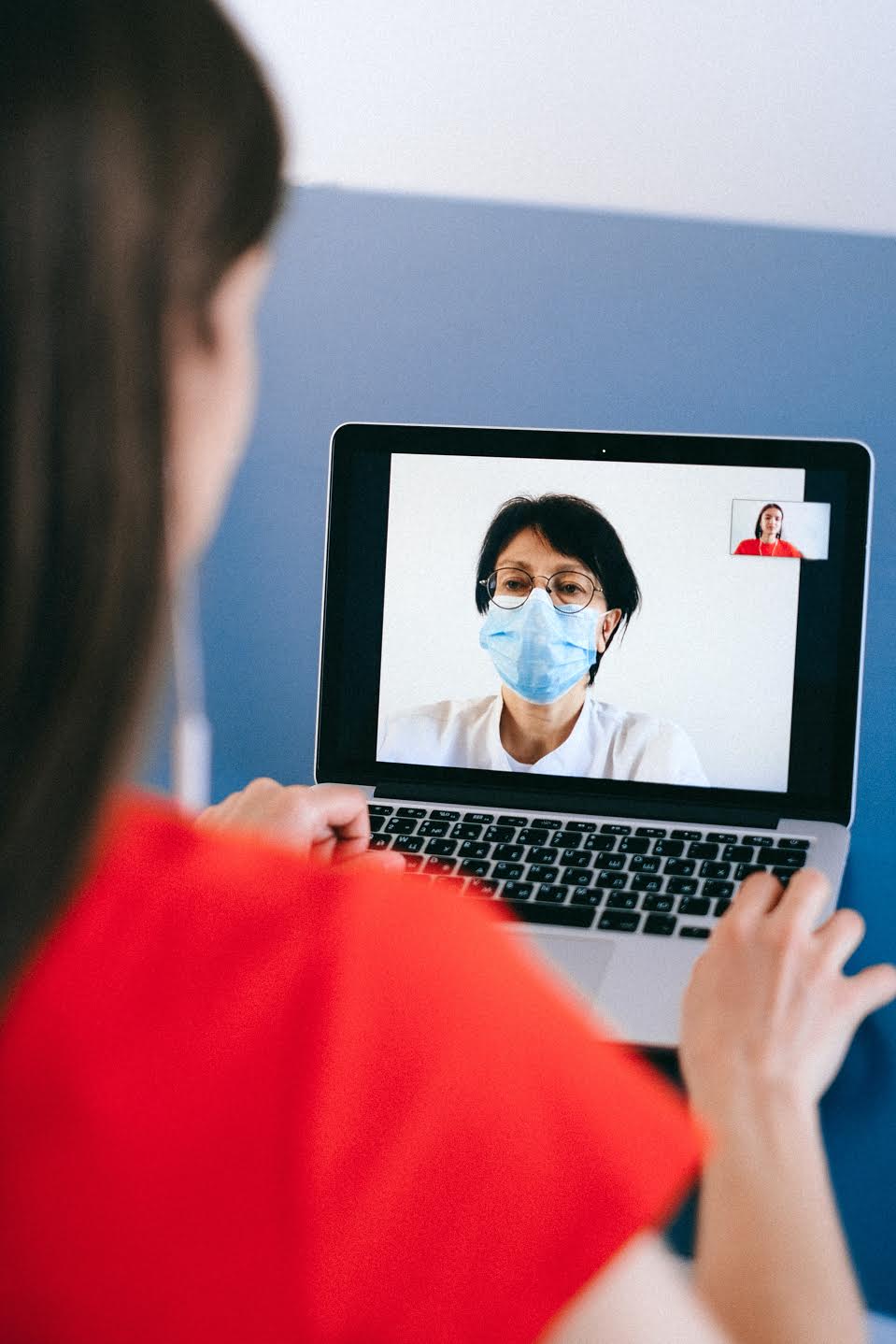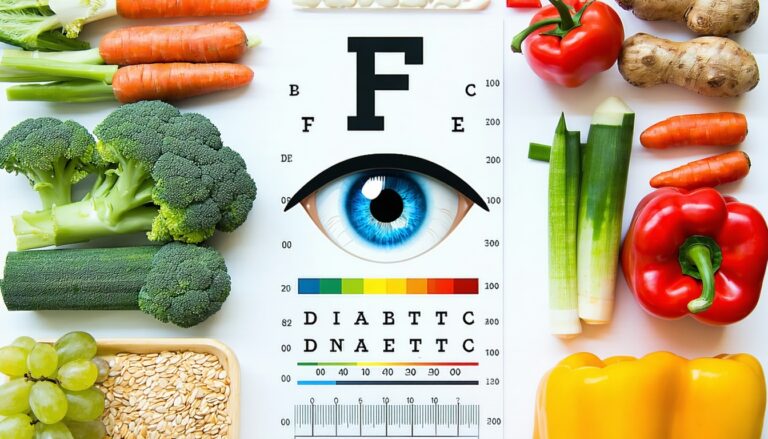5 Things to Know Before Your First Telehealth Appointment
The COVID-19 pandemic has basically altered the entire world while individuals are changing many aspects of their lives. It has also changed how they engage in many appointments. One of the types of appointments that has become more common is a telehealth appointment. This type of visit with your doctor may seem intimidating at first, but you will still receive the same level of care as you would expect in an office. Speak with your doctor’s office about a telehealth appointment if you would like to set up a schedule for one. There is much important information you should know though before your appointment begins. Read on and learn 5 things to know before attending your first Telehealth appointment.
-
Telehealth is Secure and User-Friendly
Many individuals may worry about using the technology for their telehealth appointment. As a result, due to security concerns or due to an inability to use the software. Telehealth software is designed to be relatively easy to use, and you are able to test out the software before your appointment time. Test the software first to ensure that your internet or mobile device is able to support the doctor’s visit. Make sure that you know that some telehealth is available in a software that is a mobile application as well to make you able to have your appointment anywhere.
-
Telehealth Still Enforces HIPAA Compliance
It is worrisome that others will be able to hear the conversation of your concerns with your doctor if you have a telehealth appointment. Appointments are still able to be HIPAA compliant though. All your information is shared between you and your doctor unless you have a release form. The doctor may encourage you to be discreet as possible and use headphones during the appointment. This is so others who are near you do not hear the discussion of your health matters, though the doctor will be in a private area.
-
Doctors Can Still Provide Follow-Up Referrals
A doctor may encourage follow-up care after a telehealth appointment. Make sure you ask exactly what steps you can expect to happen next. This will assist you in knowing who to call or what to do. Make sure your doctor and the follow-up doctor is able to get in contact with you, and make sure you clarify if you would like another telehealth appointment or an in-person appointment. You can also ask for paperwork to be sent to your home for follow-up information.
-
Most Insurance Covers Telehealth
A telehealth appointment is covered by most insurance agencies. Meaning, you will only pay your copay or will pay at a later date. It is important to double-check this with your insurance agency first. However, before you schedule the appointment as some private insurers may not provide coverage. You can also contact your doctor’s office as they are able to check on your insurance while you are on the phone with them as well. In most cases, however, telehealth will receive coverage so you do not have anything to worry about.
-
It is Important to Make the Most of the Appointment
You should always try to make the most out of your telehealth appointment. Have questions and a list of the symptoms that you are experiencing that you want to share with your doctor. Doctors probably have limited time with you during a telehealth appointment, so make the most of that time. Before you leave your telehealth appointment, go over your lists and questions to make sure you got them all answered as well as to ensure the telehealth appointment met your needs.
Final Thoughts
Telehealth appointments are becoming increasingly normal for patients around the world with the surge of the coronavirus. It is important that you come to your appointment prepared with your questions and with your insurance information to ensure that it will meet your needs. HIPAA compliance will keep your information private. Your doctor may make a referral for follow-up care during your appointment, but it is important to also ensure that you understand the software and can use it.







